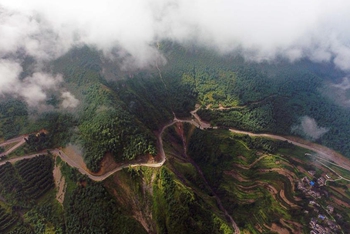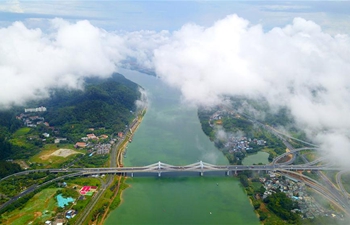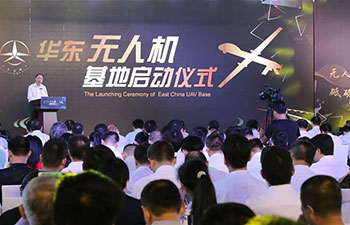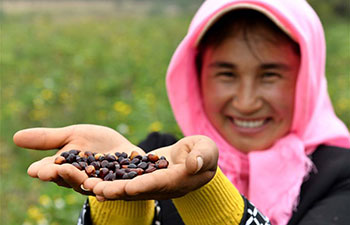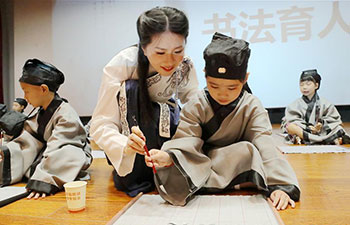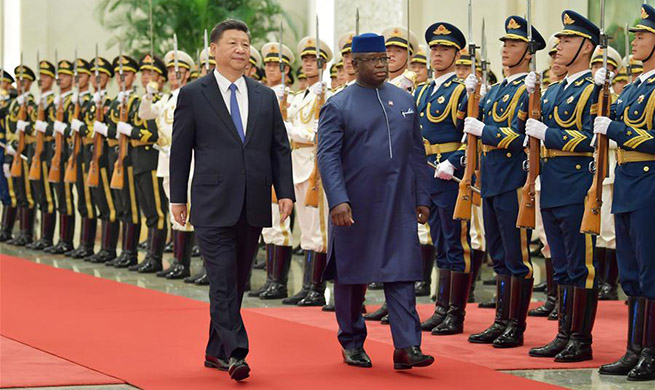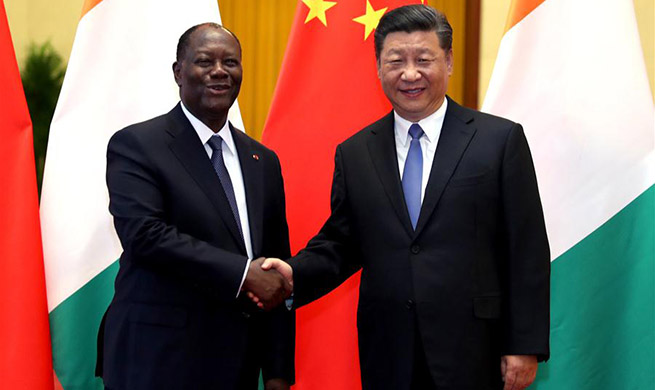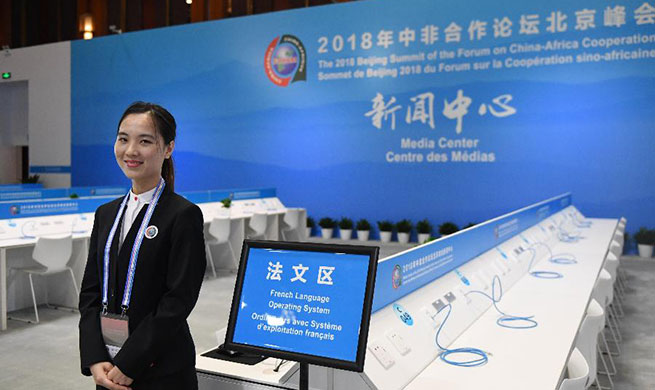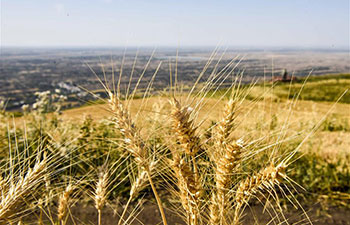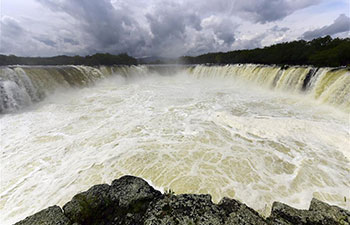SEOUL, Aug. 31 (Xinhua) -- Industrial output in South Korea rebounded last month amid rising worry about economic slowdown caused mainly by weak labor market conditions, a government report showed Friday.
Production in all industries grew 0.5 percent in July from a month earlier, after falling 0.7 percent in June, according to Statistics Korea.
Output in the mining and manufacturing sectors rose 0.4 percent in the month on solid demand for chemicals and transport equipment that offset soft demand for automobiles.
Manufacturers logged an average capacity ratio of 74.3 percent in July, up 0.9 percentage points from the previous month.
Industrial production increased on brisk exports, but companies refrained from spending capital on new facilities.
Facility investment declined 0.6 percent in July from a month ago, keeping a downward momentum for five straight months. It marked the longest downward trend in almost 20 years.
The cyclical factor for leading indicators, which reflect future economic conditions, dipped 0.2 points in July from a month earlier, dimming the economic outlook. The figure for coincident indicators kept sliding for four months in a row.
Exports, which account for about half of the economy, topped 50 billion U.S. dollars for five months to July, in which the outbound shipment posted the second-biggest export reading.
However, the labor market conditions continued to weaken despite the government's efforts to create decent jobs.
South Korean President Moon Jae-in prioritized job creation, especially for the younger generation, among his economic policies, but it had yet to take effect.
The government unveiled its 2019 budget plan, which is mainly focused on creating quality jobs and securing social welfare, in a bid to bolster the Moon-advocated economic policy, called income-driven growth that aims to increase household income, foster innovative industries and create a fair market.
Production in the services industry was unchanged in July from the previous month. Retail sales gained 0.5 percent last month, continuing to grow for two months.
Completed construction inched down 0.1 percent in July from a month earlier as the government sought to control speculative investment in the real estate market.
In a separate statement, the finance ministry cited trade conflict among major economies and the expected interest rate increase in the United States as negative risk factors facing the South Korean economy.
The Bank of Korea (BOK) left its benchmark interest rate unchanged at 1.5 percent since it raised the policy rate to the current level from an all-time low of 1.25 percent in November last year.
The BOK's target rate fell below the U.S. Federal Reserve's benchmark rate. The Fed lifted its policy rate to a range of 1.75-2.00 percent in June.
However, the finance ministry said South Korea's robust exports and the global economic recovery would positively affect Asia's No.4 economy.
